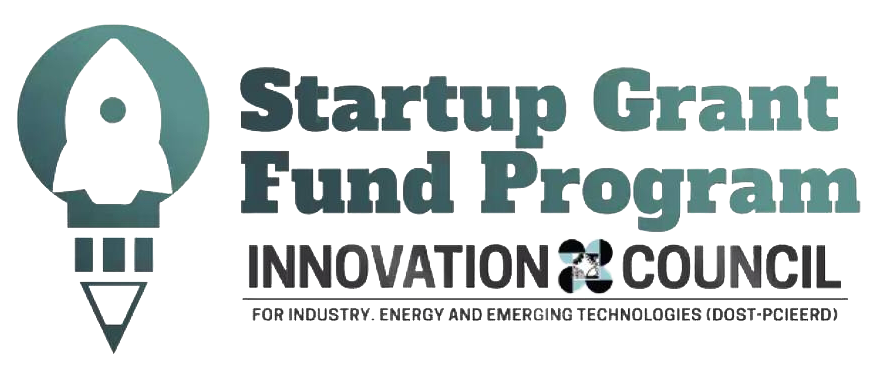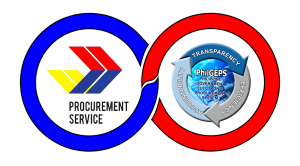In today’s competitive business world, organizations in the Philippines are always looking for ways to make their procurement processes smoother and more cost-efficient. One great strategy is using a vetted supplier network. By partnering with pre-approved suppliers, businesses can make procurement easier, reduce risks, and get better pricing and service. For procurement managers, supply chain professionals, and BPO companies, tapping into the benefits of a vetted supplier network can lead to smarter decisions and long-term savings.

What Is a Vetted Supplier Network?
A vetted supplier network is a curated group of suppliers that have undergone a thorough evaluation process. These suppliers are assessed based on various criteria, including product quality, reliability, compliance with industry standards, and pricing. By working within such a network, organizations can ensure that they are sourcing from reputable and capable suppliers, reducing the risk of procurement-related issues such as subpar product quality, delayed deliveries, or hidden costs.
Increased Efficiency in Procurement
1. Reduced Supplier Search Time
One of the most time-consuming tasks in procurement is sourcing and verifying suppliers. Without a vetted supplier network, procurement teams must manually research vendors, check references, and negotiate terms. This process can take weeks or even months, leading to delays in obtaining critical supplies. With a vetted supplier network, procurement teams can instantly access a list of approved vendors, allowing them to make faster purchasing decisions.
2. Simplified Supplier Management
Managing multiple suppliers can be challenging, especially when dealing with inconsistent quality and service levels. A vetted supplier network streamlines this by consolidating reliable vendors under a single system. This minimizes the administrative burden of handling multiple contracts and communications, allowing procurement managers to focus on higher-value tasks such as strategic sourcing and cost analysis.
3. Standardized Procurement Processes
Organizations that rely on a vetted supplier network benefit from standardized procurement workflows. Since suppliers in the network adhere to predefined quality and pricing agreements, procurement officers can ensure consistency in sourcing, order fulfillment, and payment processing. Standardized procedures lead to fewer errors, faster transactions, and smoother supplier relationships.
Cost Savings Through a Vetted Supplier Network
1. Better Negotiated Pricing
When suppliers are part of a vetted network, they often offer competitive pricing to secure long-term business relationships. Organizations that procure large volumes or work within industry alliances can negotiate bulk discounts, leading to significant cost reductions. Furthermore, businesses can avoid the hidden costs associated with dealing with unreliable suppliers, such as rushed orders or product returns due to quality issues.
2. Reduced Risk of Procurement Fraud
Fraudulent suppliers can significantly impact an organization’s bottom line. By sourcing from a vetted supplier network, businesses can mitigate the risks of procurement fraud, such as price manipulation, delivery of counterfeit products, or falsified certifications. The pre-screening process ensures that suppliers meet ethical and operational standards, protecting organizations from financial losses and reputational damage.
3. Lower Operational Costs
Handling multiple vendors often leads to inefficiencies in invoicing, logistics, and supplier negotiations. By consolidating procurement through a vetted supplier network, organizations can reduce administrative costs associated with supplier management. Additionally, predictable and consistent supply chains help prevent costly production delays and inventory shortages.
Improved Supplier Relationships and Reliability
1. Stronger Supplier Partnerships
A vetted supplier network fosters trust between buyers and suppliers. Since suppliers are pre-approved based on performance metrics, organizations can confidently engage in long-term partnerships. This trust leads to improved service levels, better communication, and more collaborative problem-solving when challenges arise.
2. Reliable Delivery and Service
Unreliable suppliers can cause disruptions in operations, leading to missed deadlines and customer dissatisfaction. By sourcing from a vetted network, organizations can ensure timely delivery and consistent service levels. Suppliers in the network are more likely to adhere to agreed-upon timelines, reducing the risk of procurement-related delays.
3. Access to Value-Added Services
Many suppliers in a vetted network offer additional services such as inventory management, customized procurement solutions, and extended payment terms. These value-added services help businesses optimize their supply chain, improve cash flow, and adapt to changing market conditions without incurring extra costs.
The Role of Technology in Vetted Supplier Networks
1. Digital Procurement Platforms
Technology plays a crucial role in making vetted supplier networks more accessible and efficient. Digital procurement platforms allow businesses to search for suppliers, compare pricing, and place orders seamlessly. These platforms also offer data analytics, helping procurement managers track spending patterns and identify cost-saving opportunities.
2. Automated Compliance Checks
Ensuring that suppliers meet industry and regulatory standards is crucial for risk management. Many vetted supplier networks leverage automation to conduct compliance checks on financial stability, environmental practices, and legal certifications. This reduces the manual workload for procurement teams and ensures that all transactions align with corporate governance policies.
3. Real-Time Supplier Performance Monitoring
Organizations can use digital tools to monitor supplier performance in real-time. Metrics such as delivery punctuality, order accuracy, and customer feedback help businesses assess whether suppliers continue to meet quality standards. If a supplier fails to perform, organizations can quickly switch to another vetted vendor, minimizing disruptions in operations.
Implementing a Vetted Supplier Network in the Philippines
For businesses in the Philippines, adopting a vetted supplier network is particularly beneficial due to the complexities of local supply chains. Procurement managers and supply chain professionals should consider the following steps when implementing a vetted supplier network:
- Identify Key Procurement Needs – Determine which products or services require reliable sourcing and prioritize vetting suppliers in these categories.
- Establish Supplier Evaluation Criteria – Set clear benchmarks for quality, pricing, compliance, and service levels to ensure consistency in supplier selection.
- Leverage Procurement Technology – Use digital procurement platforms to facilitate supplier vetting, streamline transactions, and monitor supplier performance.
- Conduct Regular Supplier Audits – Periodically review supplier performance to maintain high standards and address any emerging risks.
- Engage in Strategic Supplier Partnerships – Develop long-term relationships with vetted suppliers to secure better pricing, improved service levels, and supply chain resilience.
The Gist…
A vetted supplier network is a powerful tool for organizations looking to enhance procurement efficiency and achieve cost savings. By sourcing from pre-approved suppliers, businesses can reduce supplier search time, improve operational efficiency, and lower procurement risks.
Making smarter procurement decisions is just one click away. Using technology-driven supplier networks helps procurement managers make informed decisions, ensuring that supply chains remain reliable and cost-effective. For companies in the Philippines, adopting this strategy can lead to stronger supplier relationships, more efficient procurement processes, and long-term financial benefits.









